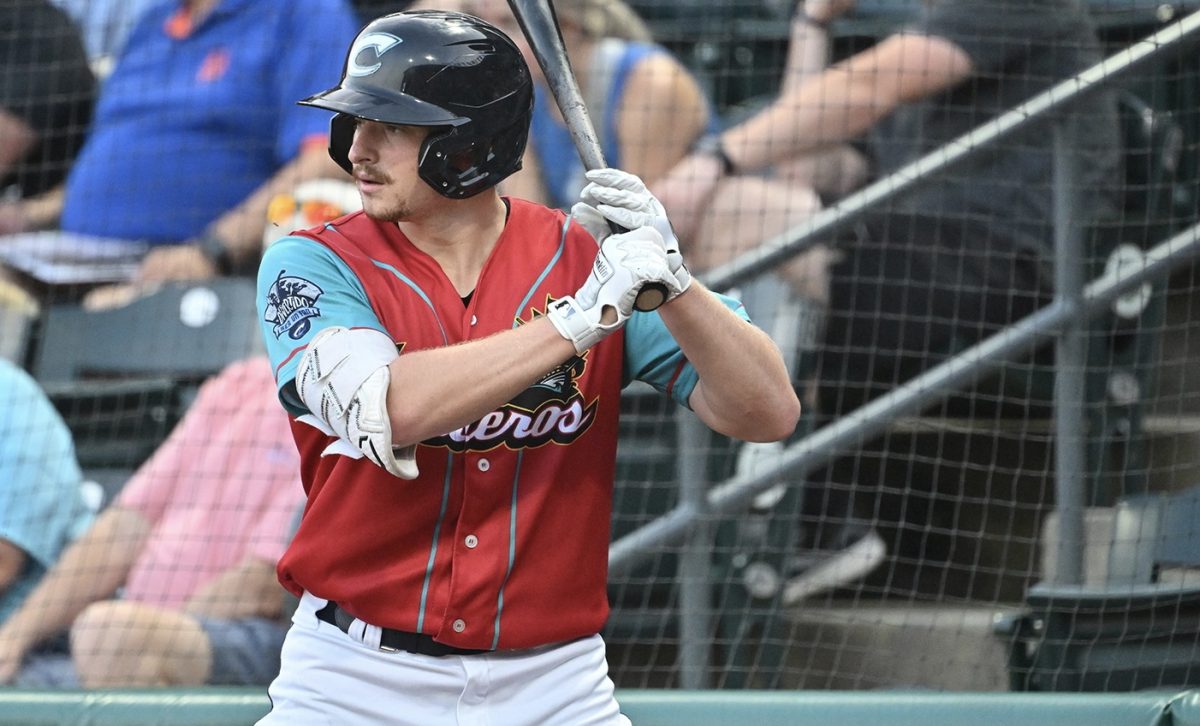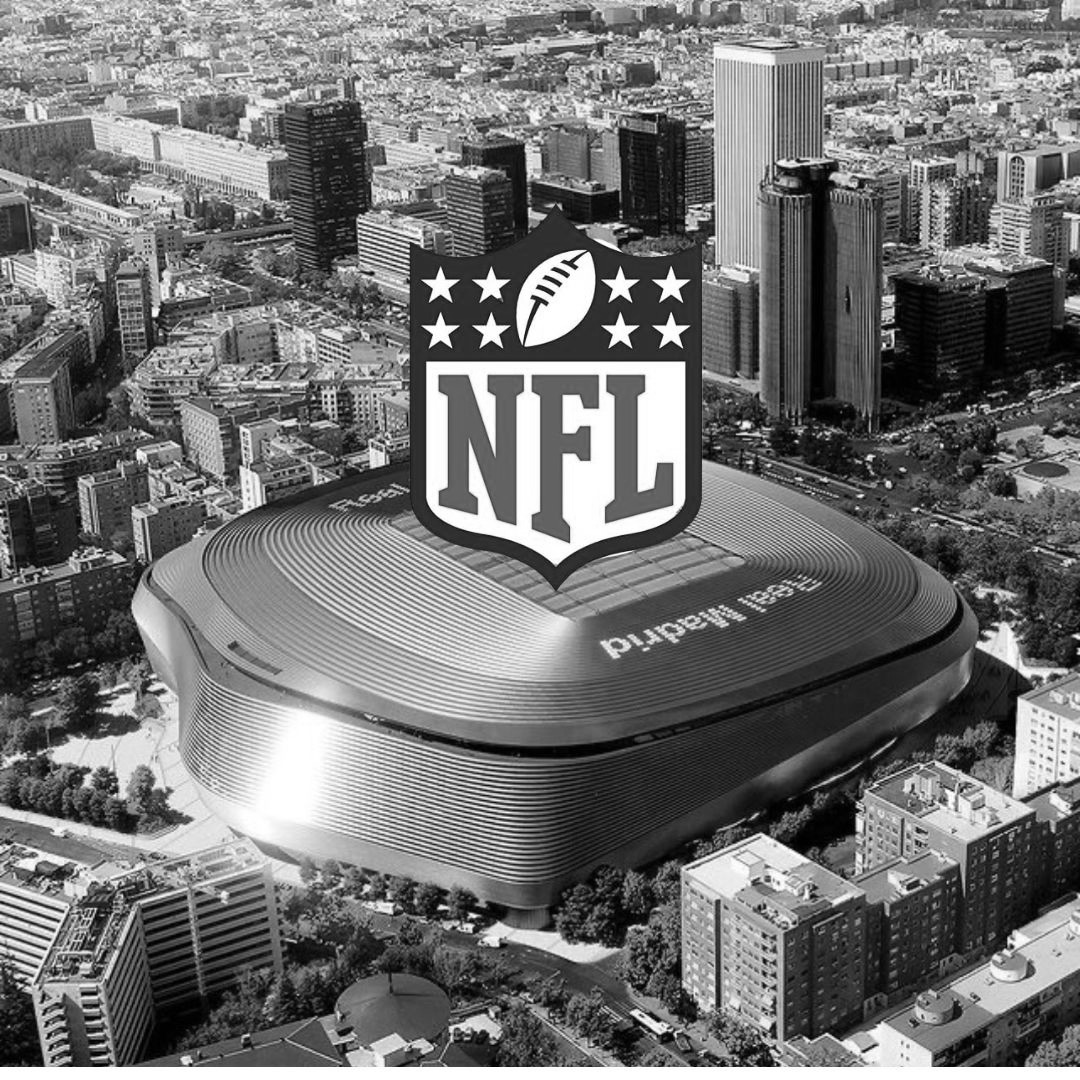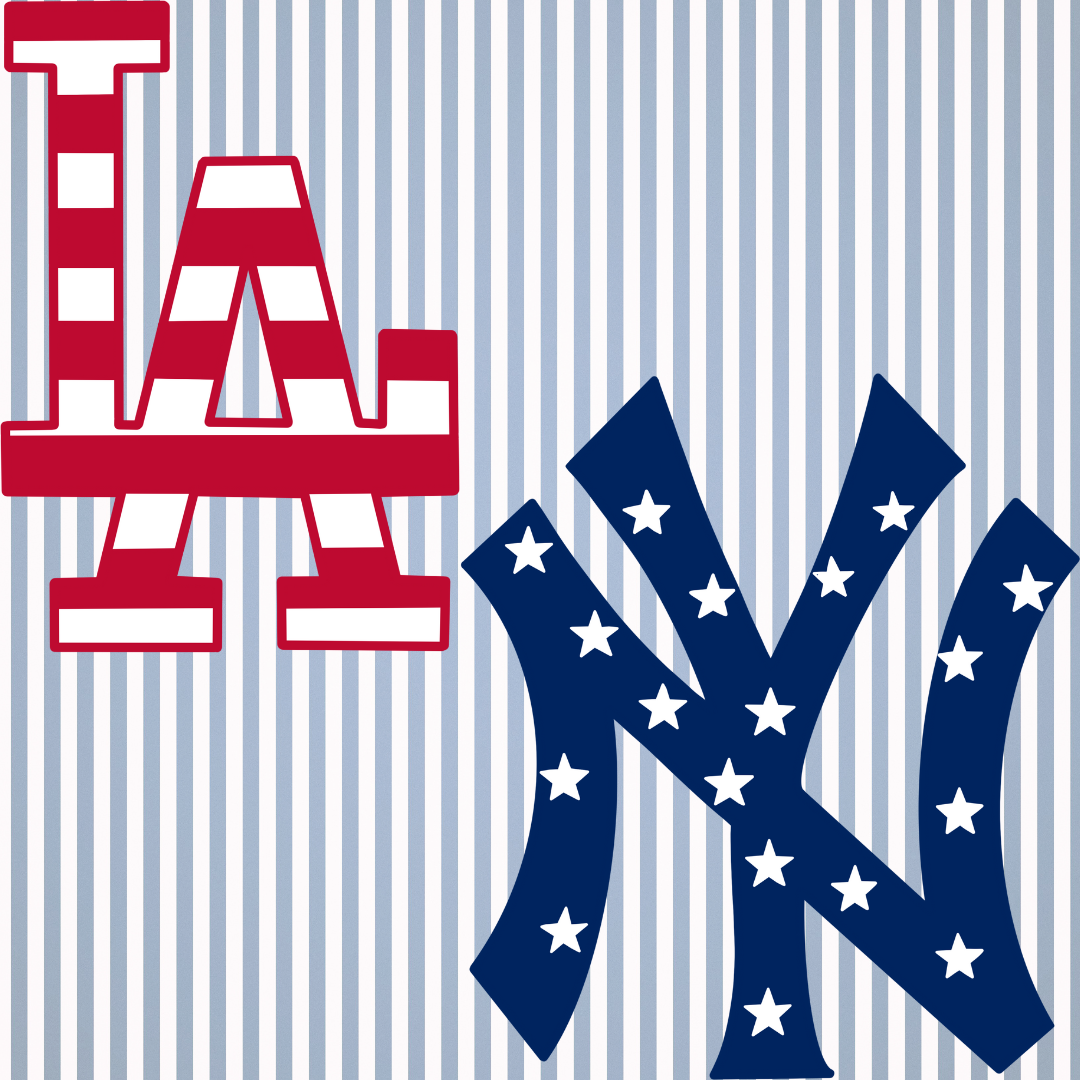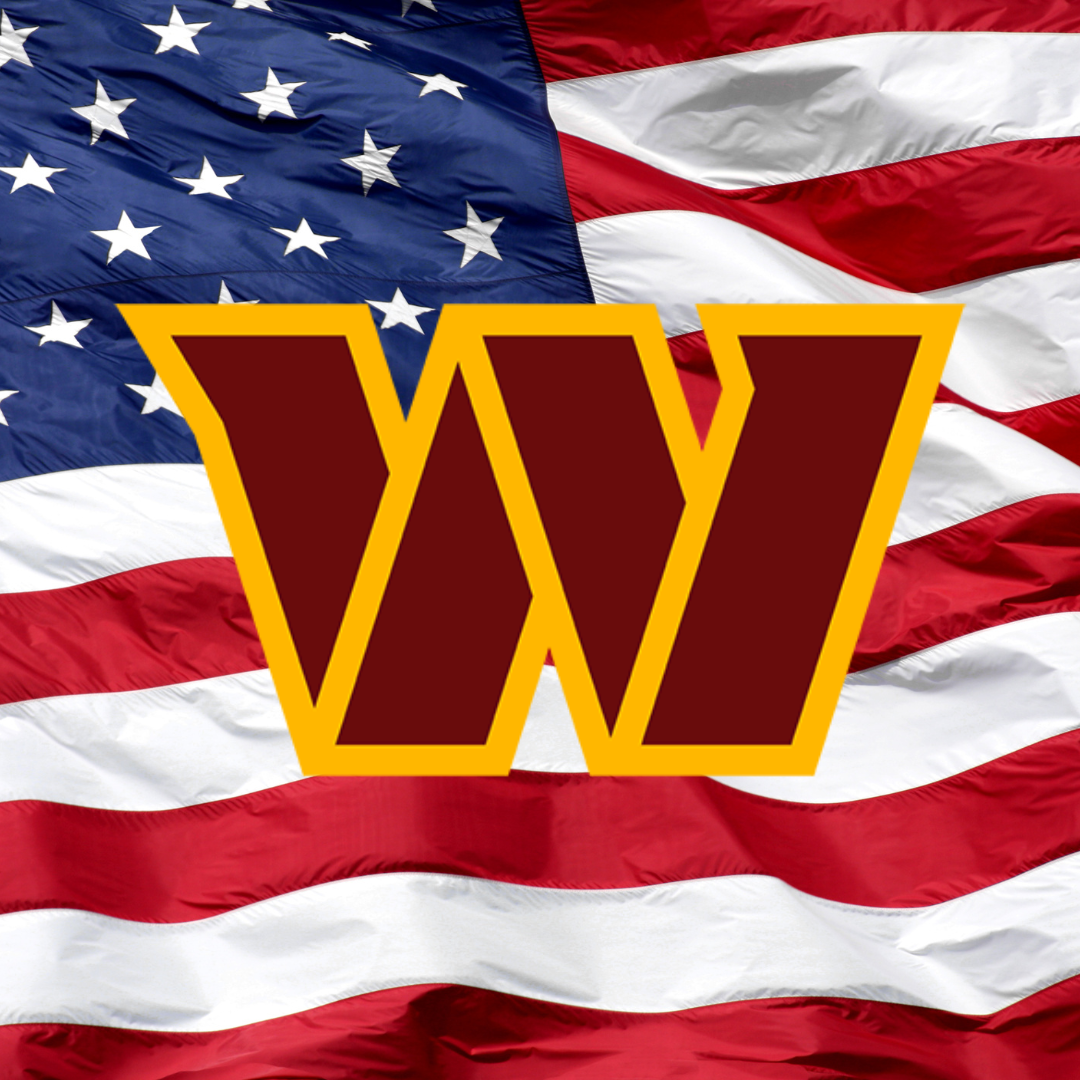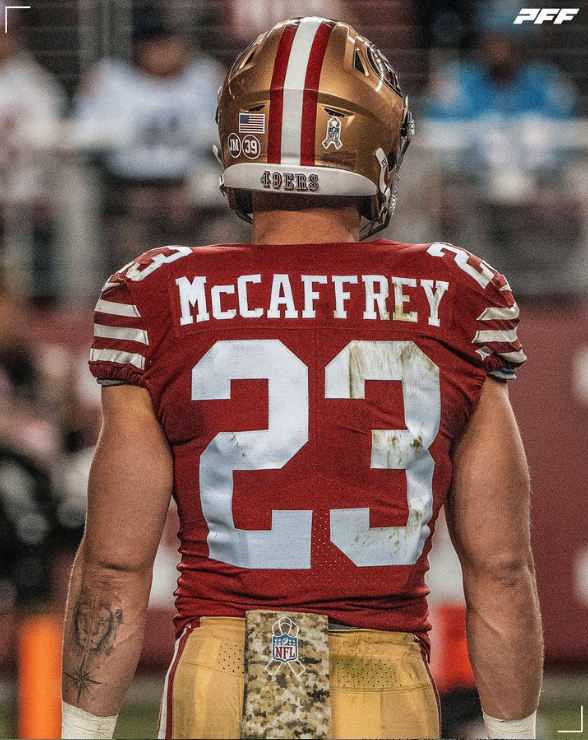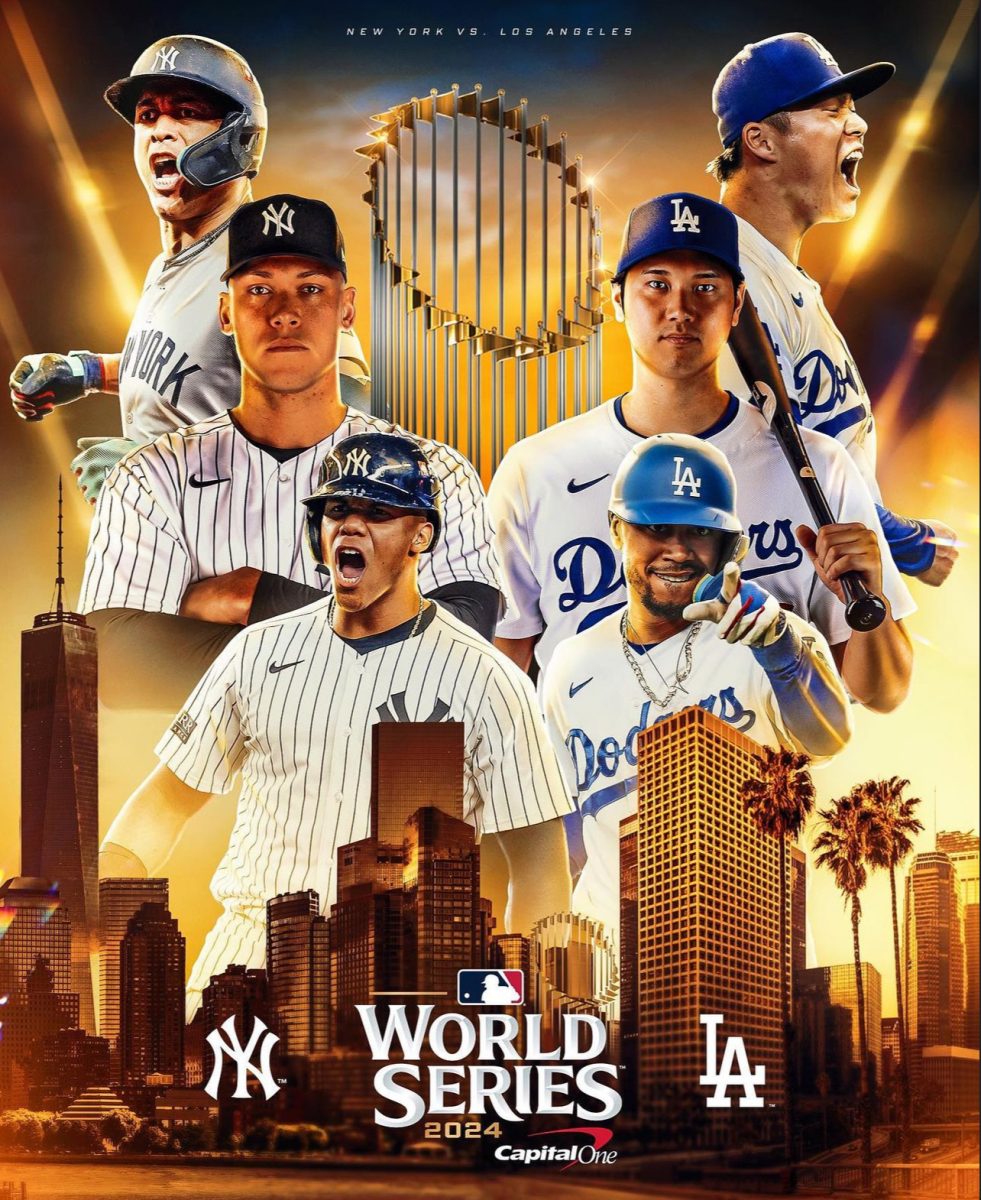There’s a saying that “roads were made for journeys and not destinations.” It seems like a nice expression that most people would like to apply into their lives, but few end up doing so. In every field and career, people are so hyperfixated on their final goal that they forget to step back and appreciate the world around them while they are still on the road to their destination. This can be particularly applied to sports. More specifically, minor league baseball.
Compared with other major American sports leagues such as the NBA and NFL, players coming out of college or high school who are drafted into the MLB are not expected to make an immediate impact. Instead, they must earn their stripes through hard work in the minor leagues, a journey that will sometimes take up to five years to make it to the majors. This lengthy developmental period makes the MLB stand out compared to a league such as the NBA, where a highly scouted five-star recruit will spend one year in college and then get drafted into the league. But maybe that long journey that baseball players take to make it to the majors is not a bad thing, but an experience in itself, and one that fans can also enjoy.
At first, the idea of going to a minor league baseball game just for fun can be unappealing to the lukewarm sports fan. People may think at first: “Why would I want to see a bunch of no-name players compete in games that don’t matter, in a league that is inferior to its bigger counterpart?” But from my experience beat reporting this summer for both the independent league Long Island Ducks and the Mets’ minor league High A affiliate Brooklyn Cyclones, there are many good reasons to check out a minor league baseball game.
One of the first major reasons to catch a minor league game is to see top-level prospects develop and improve their skills over the course of the season. I was able to watch the Mets’ right-handed pitching prospect, Blade Tidwell, in my reporting for the Cyclones this summer, as he went 8-3 with a 3.09 ERA in 17 games and 81 innings pitched, along with 112 strikeouts. Because of his solid numbers in Brooklyn, he was promoted to the Mets’ Double A affiliate, the Binghamton Rumble Ponies, as he continues to advance in his journey to the majors. As a Mets fan, I now feel that I know Tidwell’s strengths and weaknesses better because I watched him in Brooklyn this year. While most baseball fans are unfamiliar with new prospects besides from what they’ve seen on Twitter or on MLB Network, I feel that I am more familiar with Tidwell’s game than I would be if I had never watched a minor league game.
Another reason to watch a minor league game is to watch players who you never would’ve expected develop into stars once they reach the major leagues. Numerous notable players over the years have been drafted very late, and yet still turned into household names. Keith Hernandez was drafted 785th overall in the 42nd round of the draft. Mike Piazza was drafted 1,390th in the 62nd round. Albert Pujols was drafted 402nd overall in the 13th round. You never know what potential future superstar you are watching when you go to a minor league game. The relaxed atmosphere of the minors also gives highly touted players breathing room to make mistakes, unlike the harsh expectations of instant success in other leagues. You could also potentially see your favorite major league player play a game in the minors to rehab from an injury, or see an older major leaguer play just because he signed a short contract with the team (I had the opportunity to see former all-star Mets second baseman Daniel Murphy play for the Long Island Ducks this season before he left to sign a minor league contract with the Los Angeles Angels).
Another reason to attend a minor league game is the fun and intimate atmosphere you experience on a summer evening. Many minor league teams form the basis of a city’s town or culture, and small towns that normally wouldn’t attract the attention of sports executives can become lively hubs for baseball fans trying to enjoy America’s favorite pastime. Attending a game can be a great way to have safe fun with family and friends in the summer. Minor league teams also significantly support local economies, providing jobs and revenue for small communities. When the MLB went ahead with its decision to slash its number of minor league teams, even prominent nationally known politicians such as Bernie Sanders decried the decision.
Sanders criticized the removal of his native Burlington Vermont Lake Monsters from the minor leagues, and stated that “closing down minor league teams, like the Vermont Lake Monsters, is a disaster for baseball fans, workers, and communities across the country.”
It should also be mentioned that Minor League players work hard at their craft and receive little pay for it. While someone would usually think most baseball players are rich, as the minimum MLB salary is $700,000, the minors are a different story entirely. Salaries can range from $4,800 a year to $14,00 a year, less than half of what someone would make working full time at a minimum wage job. When reporting for the Ducks this summer, I noticed that the team even has advertisements at the stadium and on their website for “Host Families” for their players to live with during the season. In areas with a high cost of living like Long Island or Brooklyn, finding adequate housing with a minor league salary can be very difficult.
The grind of being a minor league player is often thankless, and their dedication to baseball is often forgotten by casual fans. But when you attend a minor league baseball game, you can watch an up-and-coming prospect continue to improve, see your favorite major leaguer play in a rehab game or just enjoy a great summer occasion of a baseball game with your family and friends. Why not go to a minor league baseball game next summer?





































































































































































































